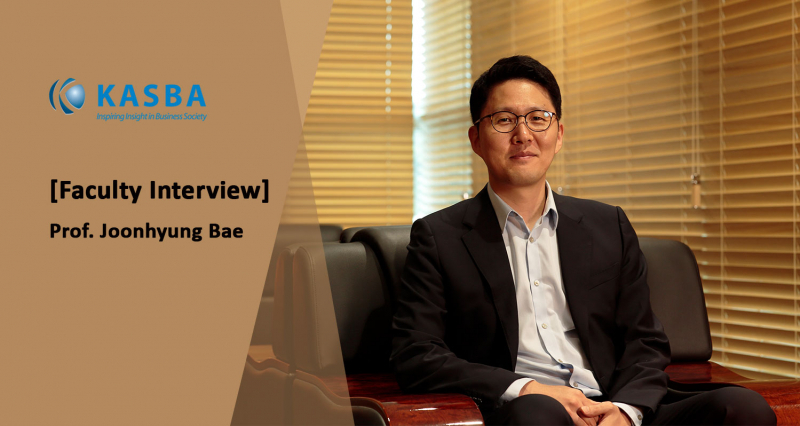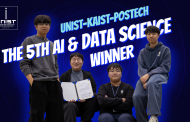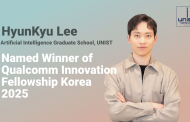A wide variety of businesses exist in the market, and so there exist various situations they encounter. Observing how those companies collaborate and antagonize can be valuable in understanding the market. Thus, paying close attention to these relationship is also important.
Professor Joonhyung Bae in the Graduate School of Technology and Innovation Management/School of Business Administrations at UNIST has been recognized with the “MK Emerging Scholar Paper Award” the 21st Korean Academic Society of Business Administration Convergence Conference. This award-winning paper provides an analysis of the hostile attitude of parent companies towards the spin-out entities that possess similar technologies to theirs.
Over 1,000 entrepreneurs, business leaders and innovators attended the conference, which took place in Jeongseon-gun, Gangwon-do, South Korea from August 19 to 21, 2019.
The Emerging Scholar Paper Award recognizes those papers that contain an associate professor or assistant professor as an author. This year, three papers have been selected forthe award. The recipients of this award can be seen as the most promising scholars in the field of business administration, as it is presented by Korea’s largest academic conference on business administration and management.

Professor Joonhyung Bae (Graduate School of Technology and Innovation Management/School of Business Administrations) briefly stated his feelings about having won the award.
In February of 2019, Professor Bae joined UNIST as an assistant professor with research and teaching focus in ‘Interorganizational Relationship’. His research focuses primarily on business cooperation and the competition inherent in partnership.
“Technological innovation and the growth of a company largely depend on successful business relationships,” says Professor Bae. “In particular, for high-tech industries, the relationship among large companies, SMEs, and venture companies are even more interesting.”
Based on the medical device industry in the United States, his paper explains how the dynamics between parent companies and their spin-out entities affect the venture investments by other large corporations firms in industry. In the paper, he came up with a hypothesis and supporting data based on the three entities: ‘Parent ompanies’, ‘Spin-out companies’, and ‘Other large corporations in the industry’.














